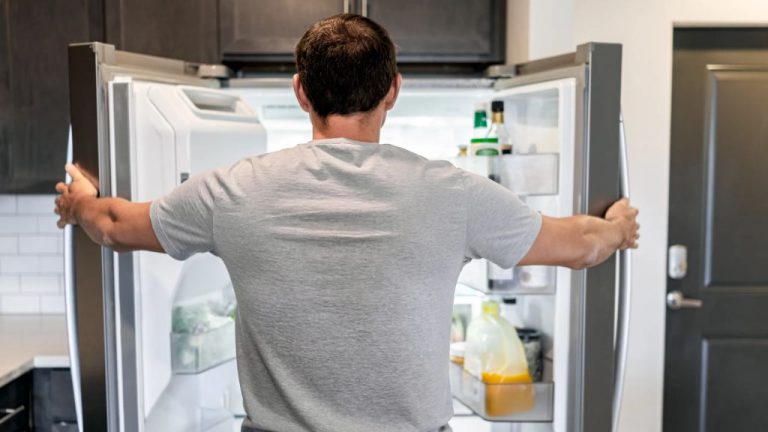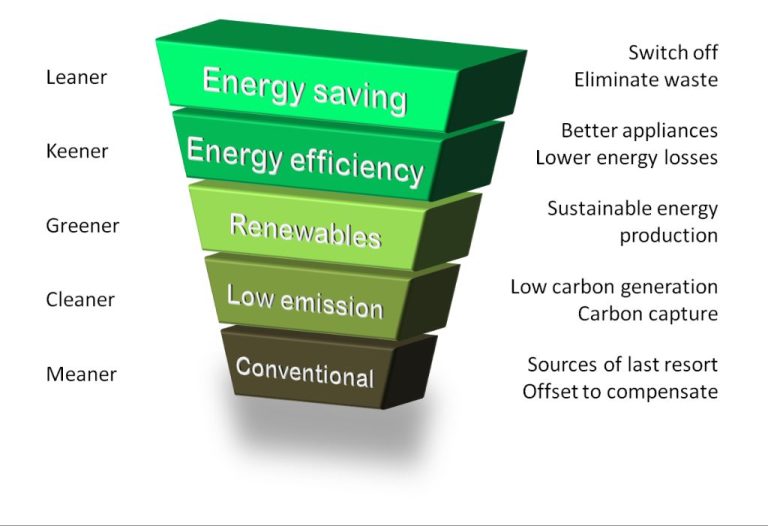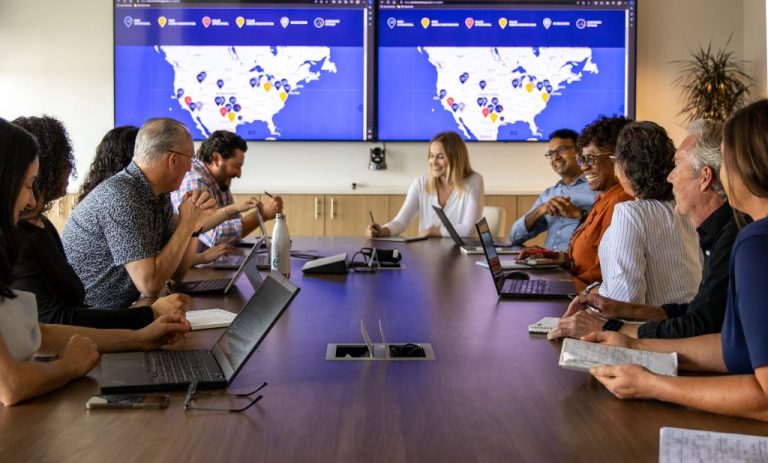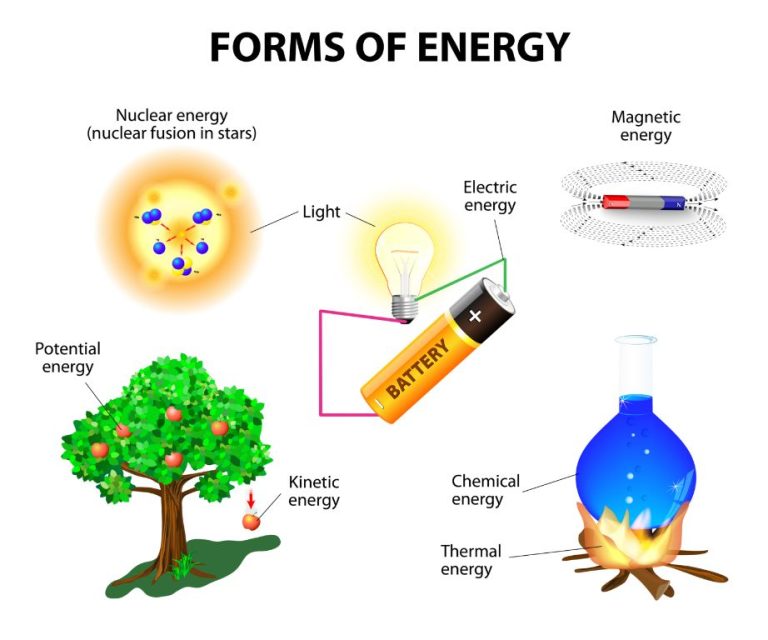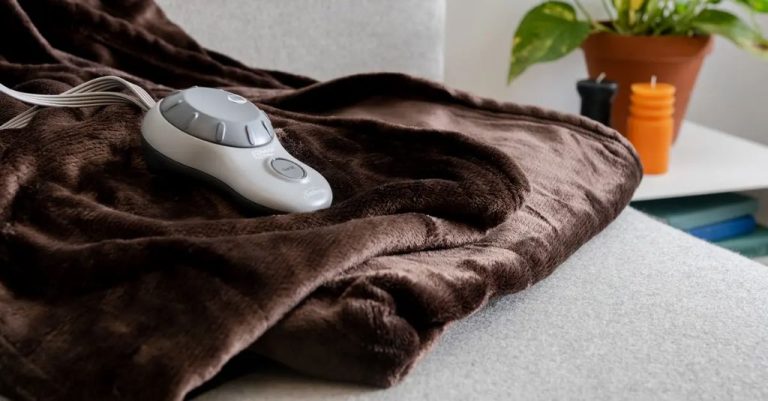How Can We Reduce Consumption Habits?
The Problem of Overconsumption
Overconsumption is defined as consuming resources at a rate that is unsustainable over the long term. It involves buying and using more goods and services than is needed to meet basic human needs. Overconsumption is a major contributor to a number of pressing global issues including climate change, pollution, resource depletion, and wealth inequality.
Some key statistics on overconsumption levels globally:
- The world’s top 10% income earners are responsible for up to 43% of global greenhouse gas emissions from consumption, while the bottom 50% contribute only 13%.
- High income countries with only 16% of the world’s population account for over 80% of global resource consumption.
- The average American generates over 4 pounds of trash per day compared to 2.6 pounds globally.
- Americans spend over $1 trillion annually on non-essential goods like jewelry, toys, and entertainment.
- Fast fashion results in over 150 billion garments produced annually, with 73% ending up burned or landfilled.
- Over 1 billion smartphones were sold globally in 2021, with an average lifespan of only 2-3 years before being replaced.
Reducing overconsumption is critical for creating an environmentally and socially sustainable world for current and future generations.
Understanding Our Consumer Psychology
Many of our consumption habits are driven by basic human tendencies that corporations leverage through psychological marketing techniques. We are wired to seek rewards and pleasure. When we purchase something new, our brains release dopamine, triggering feelings of excitement and satisfaction. Brands play into this biological “dopamine loop” to get us hooked on buying. The anticipation of unboxing the latest product provides a rush, but it soon fades, leaving us craving more. Social media influencers, targeted ads, sales and promotions all keep us in this addictive loop of desire and temporary fulfillment.

Our brains also cling to the status quo. We are prone to stick with habitual behaviors rather than changing our lifestyles. Buying things provides a short-term happiness boost without forcing us to alter our daily routines. Brand loyalty programs keep us locked into familiar purchases. Convenience is another huge factor—it’s simply easier to buy something new online than to research alternatives or make something ourselves. Our busy, distracted lifestyles breed mindless consumption. Finally, we are social creatures who fear missing out. Marketers play on our FOMO (fear of missing out) to make us feel buying things is necessary for inclusion. Understanding these core drivers of overconsumption is the first step to changing our habits.
Reducing Impulse Purchases
One of the biggest contributors to overconsumption is impulse buying. It’s easy to get seduced by sales, limited-time offers, and the immediate gratification of purchasing something new. Retail therapy can provide a quick dopamine hit, but often leaves us feeling regretful later. Here are some tips to avoid impulse purchases and be a more mindful consumer:
Give yourself a waiting period before making any non-essential purchase. Try waiting 24 hours or even a week. This creates distance from the initial impulse and gives time to rationally evaluate if you really need or want the item.
Avoidexposure to common impulse triggers. Stay away from shopping malls, big box stores, and online retailers if you’re prone to spur-of-the-moment purchases. Unsubscribe from promotional emails.
Carry a list when shopping and stick to it. Lists keep us focused and less likely to toss in extras we don’t need.
Find alternatives to buying new. Consider buying used, renting, borrowing, or seeing if your local library has what you need. This satisfies the desire for something new while reducing consumption.
Evaluate if this addresses a real need or just a fleeting want. Will you still want or need this item weeks from now? Or is it an in-the-moment craving?
Focus spending on experiences over things. Purchasing events, activities and memories often provides longer lasting satisfaction than material goods.
Challenge yourself to go one month without non-essential purchases. This can reset your shopping habits and mindset.
Ask yourself if you’d buy the item at full price. Discounted pricing can entice us to buy things we don’t really value.
Sleep on it. Major purchasing decisions are best made when well-rested. Fatigue and decision exhaustion lead to poor choices.
Living With Less
The minimalist lifestyle focuses on reducing possessions and living with only the essential items you truly need. The benefits of minimalism include reduced stress, more money saved, and more time and energy to focus on what’s important. Here are some tips for going minimalist and decluttering your life:
- Go through every room and get rid of items you haven’t used in over a year. Donate or sell these items.
- Avoid buying anything new for 30 days and see if you really miss it. Usually you’ll find you’re perfectly fine without more stuff.
- Store items you use infrequently or seasonally to free up main living spaces.
- When considering a new purchase, ask yourself if you really need it or just want it. Avoid buying on impulse.
- Adopt a “one in, one out” rule so that any new items replace something you remove.
- Evaluate each possession based on usefulness and joy it brings you. Get rid of things that don’t measure up.
- Organize items and create storage solutions to prevent clutter from accumulating.
The benefits of living simply with fewer possessions include reduced cleaning and maintenance, more space, less financial burden, decreased stress, and more freedom to focus on goals and relationships. Decluttering frees up both physical and mental space. Overall, minimizing possessions allows you to maximize life.
Conscious Consumerism
Many of us have developed habitual and unconscious consumption patterns. We may buy things without much thought or consideration of the impacts. Conscious consumerism involves being more mindful, deliberate, and selective in our purchases.
Conscious consumers seek out products that are not just Good for themselves, but also better for society and the environment. This means buying less overall, and focusing on higher quality, longer lasting products when we do purchase things.
Some tips for becoming a more conscious consumer include:
- Research brands and companies for their ethics, sustainability practices, and supply chains before buying from them.
- Look for durable, repairable, and high quality products that will last vs trendy low-cost fast fashion.
- Support local and small businesses that align with your values and treat their workers fairly.
- Buy second hand when possible to reduce waste and environmental impact of manufacturing.
- Purchase eco-friendly and organic products when you can.
- Invest in companies pioneering innovations in sustainability.
- Buy only what you need and will truly use or appreciate.
By shifting our consumption in this way, we vote with our dollars to support better business practices while reducing unnecessary purchases and waste.
Sharing Economy
The sharing economy refers to economic models where people share access to goods and services, rather than having individual ownership. With the rise of digital platforms and mobile apps, the sharing economy makes it easier than ever for communities to share goods in a sustainable way. This replaces the need for every individual to purchase their own items. The sharing economy allows us to reduce consumption by utilizing goods and assets that are already in circulation.
An easy way to tap into the sharing economy is through community libraries. With a library card, you can freely borrow books, movies, music, tools, appliances, toys, and more without having to purchase anything new. Many libraries even lend out hiking gear, cake pans, art prints, and other unique items. Libraries reduce the resources needed to buy every household item individually.
Peer-to-peer rental platforms have also emerged for renting homes, cars, clothing, and recreational gear. Instead of buying specialized equipment for a single use, such as a carpet cleaner or pressure washer, neighbors can rent to each other. This grants convenient access without the cost and waste of purchasing new. Resale apps also facilitate sharing items we no longer need.
Overall, the sharing economy allows us to shift from hyper-individualism and materialism to more collaborative community consumption. By sharing goods, we extract the maximum value out of resources, reduce waste, and build connections.
DIY Instead of Buying
One way to reduce consumption is to learn how to make, bake, or repair things yourself instead of automatically buying new. DIY skills allow you to create useful products and fix broken items without contributing to overproduction. Making gifts for loved ones, baking your own bread, or mending torn clothes are all classic DIY projects that can curb spending.
Learning DIY skills has many benefits beyond saving money. It allows for creativity and self-expression through handicrafts. It’s empowering to rely on your own skills rather than external producers. Repairing and maintaining possessions helps reduce waste. Cooking and baking from scratch provides knowledge of ingredients. DIY also connects you with traditional methods and sustainable living.
Some easy ways to get started with DIY are taking classes, watching tutorial videos, or getting help from friends who have expertise. Begin with simple projects using common materials and basic tools before working up to more advanced skills. Be patient with yourself as new techniques take time and practice. The DIY community is also very supportive in helping novices learn.
While DIY requires an initial investment of time and effort, it soon pays off through money and resources saved. Even simple projects give a sense of self-sufficiency and pride. As your skills grow, you can tackle more ambitious DIY goals and reduce reliance on store-bought goods.
Experiences Over Things
One way to reduce consumption is to spend money on experiences rather than material goods. Experiential purchases like travel, concerts, hobbies, or classes tend to provide longer-lasting satisfaction compared to buying the latest gadgets or fashion trends. There are several reasons why experiences often lead to greater happiness:
– Experiences become a part of our identity in a way that material goods do not. The memories of experiences stay with us much longer.
– Sharing experiences with others helps build connections and relationships.
– Unlike material goods which often decrease in appeal over time, experiences appreciate as we reminisce upon them.
– Experiences force us to be present in the moment which promotes mindfulness.
– The anticipation of planning a big experience brings excitement and joy.
– Challenging experiences help us develop as people. This sense of personal growth lasts longer than the fleeting happiness from acquiring material goods.
– There are no clutter or upkeep issues with experiences like there are with material goods.
The next time you feel the urge to buy something new, consider putting that money towards a memorable experience instead. Build your lifestyle around your experiences, not your stuff.
Mindfulness
One powerful way to reduce consumption is to cultivate mindfulness. Mindfulness means bringing awareness to the present moment. It allows us to become more conscious of our habits and motivations. With mindfulness, we can make more deliberate choices rather than mindlessly following impulses.
There are simple mindfulness practices we can build into our daily routine. For example, taking a few deep breaths before making a purchase decision. Or feeling into our emotions when we have the urge to shop or buy something. This helps create a gap between impulse and action.
We can also set intentions regarding our consumption, and then notice when we are acting out of alignment. For instance, deciding we want to buy less fast fashion. Then, bringing awareness to each moment we feel drawn to make an unnecessary clothing purchase. This builds our intentionality muscle.
Informal mindfulness practice involves paying attention to our moment-to-moment experiences, physical sensations, thoughts, and emotions. Noticing urges to consume without judgment helps diffuse them. With time, this builds our capacity for discernment and tempers impulsive behaviors.
Formal mindfulness meditation is also hugely impactful. Over time, it rewires our brain in ways that enhance executive control, emotional regulation, and self-awareness. All capacities that empower us to make wiser choices.
Bringing mindfulness to consumption habits can feel challenging at first. But the benefits are tremendous. With practice, we gain sovereignty over urges and develop discernment. This leads to increased wellbeing, financial savings, and lighter environmental impact.
Systems Change
While individual actions are important, truly addressing overconsumption requires broader systemic and structural changes. Many of our consumption habits are driven by policies and practices that promote endless economic growth, programmed obsolescence, manipulative advertising, and wealth inequality.
We need to rethink economic policies that depend on ever-increasing production and consumption. This may involve transitioning to steady-state or degrowth economic models that prioritize sustainability and wellbeing over unlimited GDP growth.
We also need to address planned obsolescence, where companies deliberately design products to break down quickly to drive repeat purchases. This could involve extending warranties, requiring replaceable parts, and enforcing standards for product lifespan. Governments can regulate obsolescence through policies.
Likewise, advertising is a major driver of overconsumption by manipulating psychology to manufacture artificial needs. We should consider restrictions on types of advertising, like those targeting children or promoting overconsumption as a lifestyle. Advertising focused on materialism could be discouraged through policy.
Broader changes like reducing wealth inequality and promoting education can also reduce status-driven overconsumption habits. The goal should be creating an economy centered on genuine human needs and sustainable lifestyles rather than artificially induced consumer demand.

